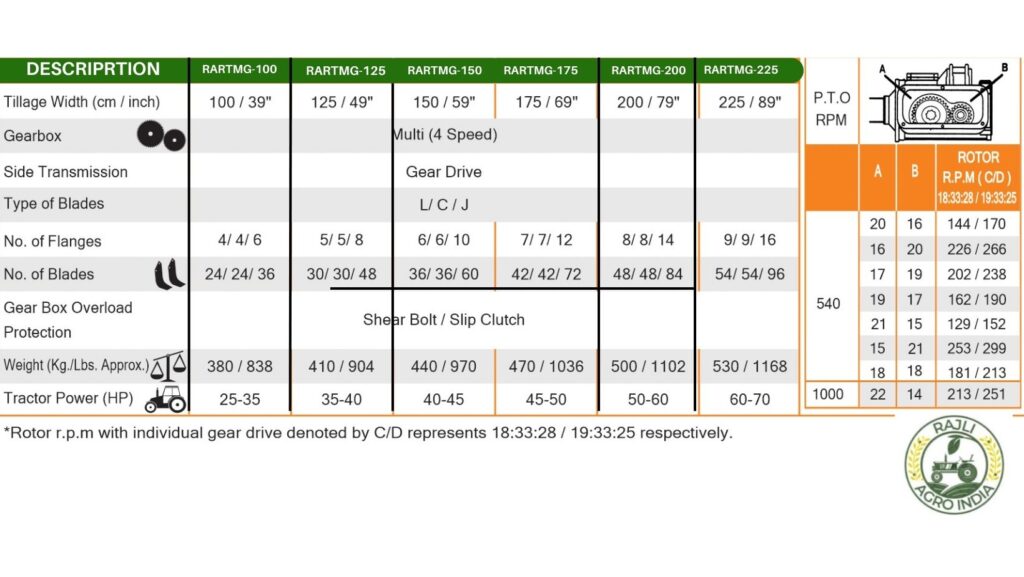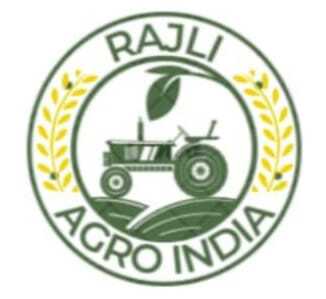ROTAVATOR
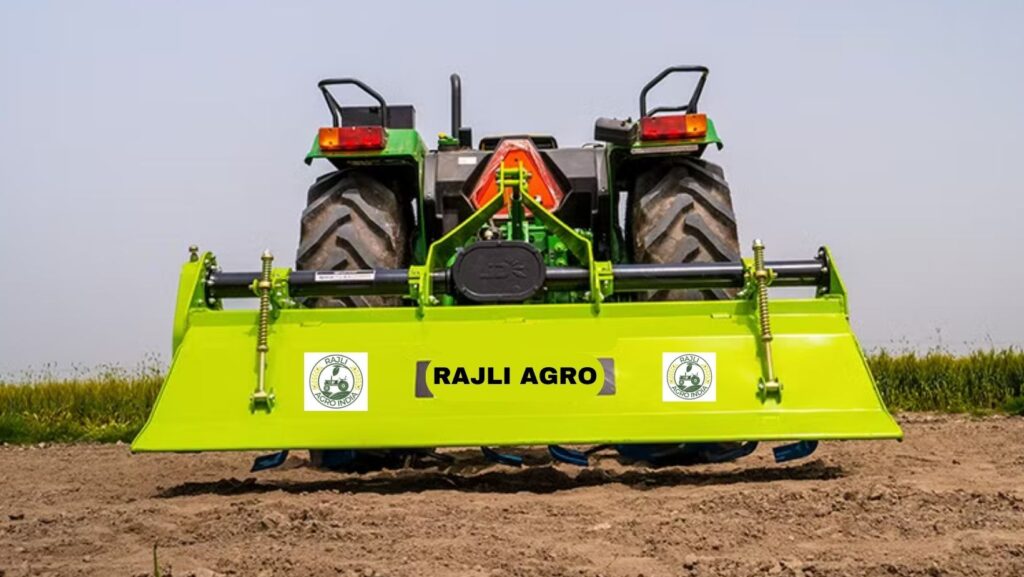
RAJLI GROUP ROTAVATOR
A rotavator, also known as a rotary tiller or a rotary hoe, is a farm implement used for soil preparation in agriculture. It is essentially a powered tool that uses rotating blades or tines to break up and cultivate the soil, creating a suitable seedbed for planting crops. Rotavators are typically attached to tractors and come in various sizes, ranging from small garden models to large-scale agricultural machinery.
BENEFITS OF ROTAVATORS :
1. SOIL PREPARATION -
- Rotavators are highly effective at breaking up compacted soil and turning it into loose and well-aerated earth.
- This process creates a favorable environment for plant roots to grow, allowing better nutrient absorption and overall plant health.
2. Time and Labor Efficiency:
- Using a rotavator significantly reduces the time and effort required for soil preparation.
- It compared to traditional manual methods like plowing and harrowing.
- It saves labor costs and allows farmers to cover larger areas in less time.
3. Weed Control:
- The action of the rotating blades not only tills the soil but also cuts and uproots weeds,
- It reducing weed competition in the early stages of crop growth.
- This can help decrease the need for chemical weed control and promote better crop yields.
4. Seedbed Preparation:
- Rotavators create a well-leveled and finely pulverized seedbed, which is essential for optimal seed germination.
- This ensures even distribution of seeds and consistent crop emergence.
5.Soil Aeration:
- The tilling action of the rotavator helps to improve soil aeration by breaking up soil compaction,.
- It allowing oxygen to penetrate deeper into the soil.
- This is beneficial for root development and microbial activity.
6. Crop Residue Management:
- Rotavators can effectively incorporate crop residues into the soil after harvesting, promoting organic matter decomposition and nutrient recycling.
7. Versatility:
- It come in various sizes and can be equipped with different types of blades, making them versatile for various soil types and farming practices.
8. Reduced Erosion:
- Properly tilled soil has better water infiltration and retention capabilities, reducing the risk of erosion caused by heavy rainfall or irrigation.
Despite their advantages, it’s essential to use rotavators judiciously, as overuse can lead to soil degradation and loss of organic matter. Proper management practices, including crop rotation and maintaining cover crops, should be implemented to preserve soil health and fertility in the long run.
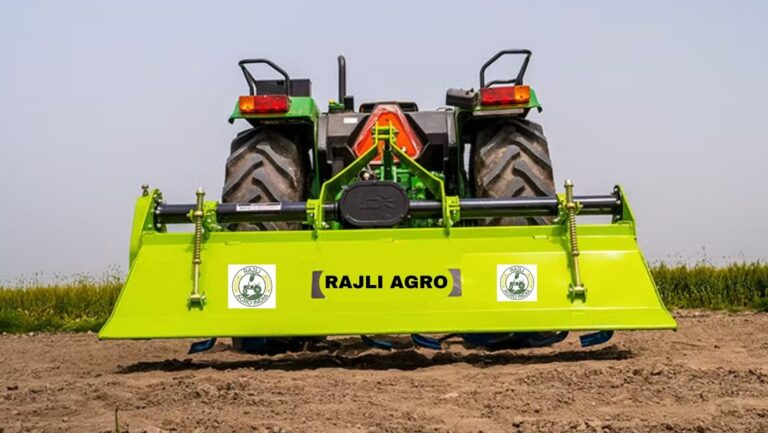
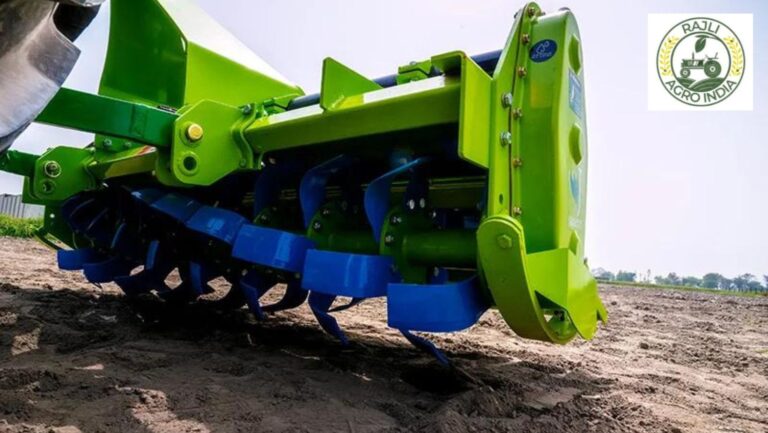
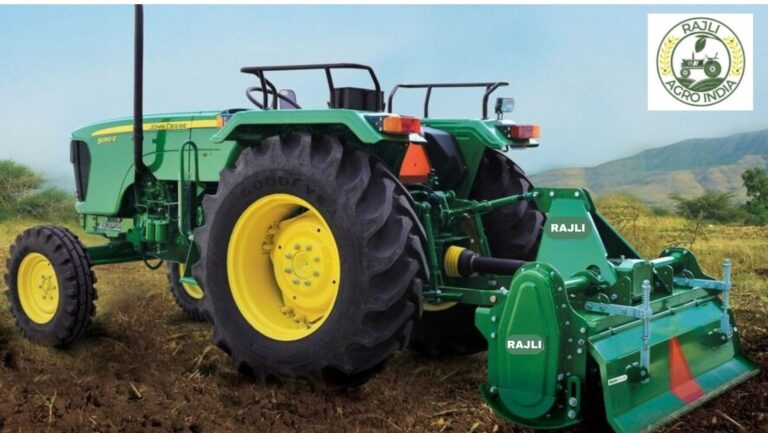
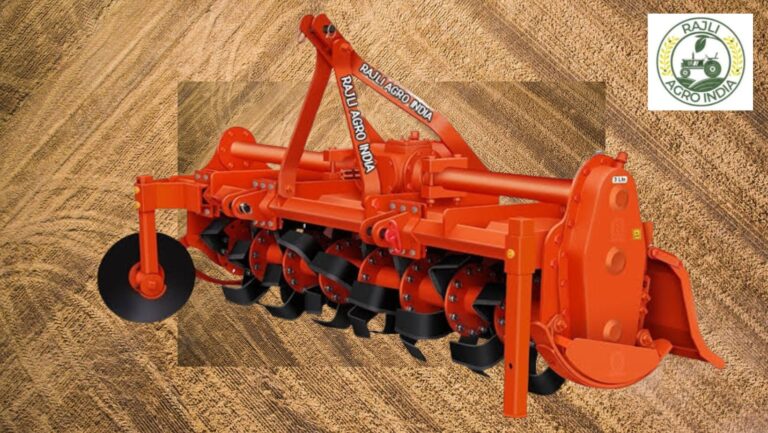
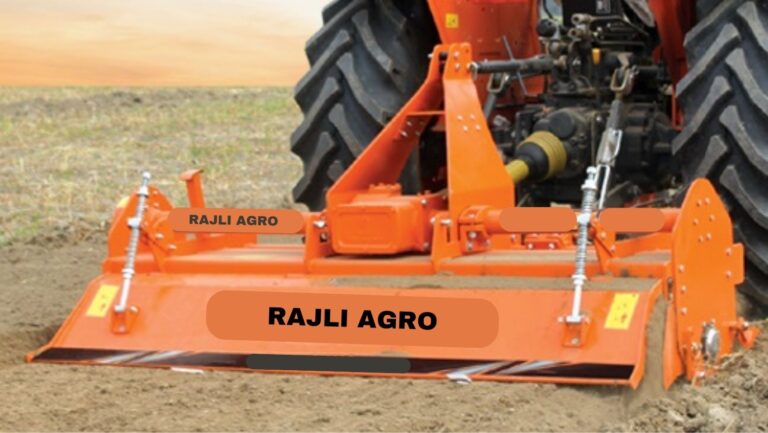
TECHNICAL SPECIFICATION
